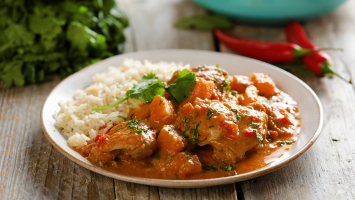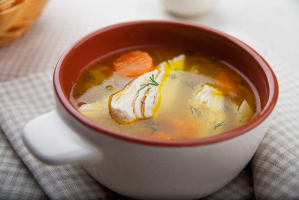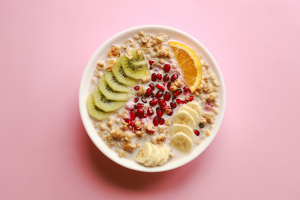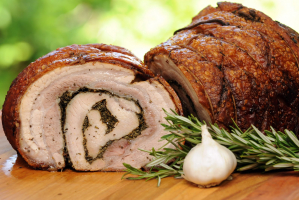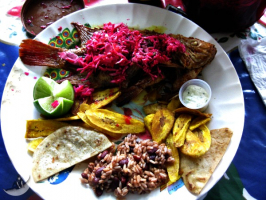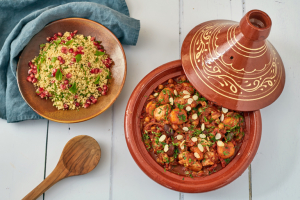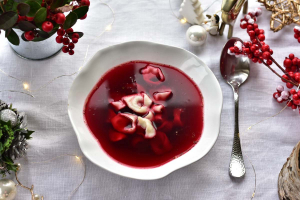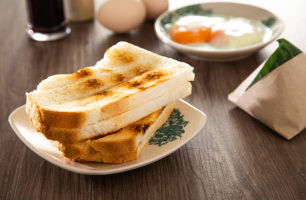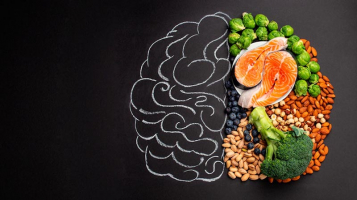Top 10 Foods to Skip in Your Breakfast
With many believing that breakfast is the most essential meal of the day, you may be wondering if all breakfast alternatives are made equal. Unsurprisingly, ... read more...the healthiest breakfast options include a balance of protein, fiber, and healthy fats to keep you satisfied until midday, as well as a moderate quantity of unrefined carbohydrates to offer immediate energy. Unfortunately, frequent breakfast meals do not fit these characteristics and may leave you feeling either hungry or too full quickly after eating. And here are the foods that you should skip in your breakfast.
-
Despite their sweet, crunchy flavor and widespread availability at breakfast tables, most sugary cereals will not keep you satisfied for long. They're often high in sugar and low in protein, which means they'll spike your blood sugar levels quickly. When the blood-sugar-lowering hormone insulin kicks in, this might cause irritation and hunger.
Similarly, even unsweetened cereals like corn or bran flakes are low in protein, with just 2 grams per cup (25 grams) and 4 grams per cup (45 grams), respectively. So, while they have less added sugar, they aren't the healthiest way to start the day. Even more natural-looking alternatives, such as granola, are frequently high in added sugars, which have been linked to obesity, type 2 diabetes, and heart disease. For these reasons, while sugary or other highly refined cereals may be OK as a once-in-a-while treat, they are not the ideal choice for a regular breakfast.
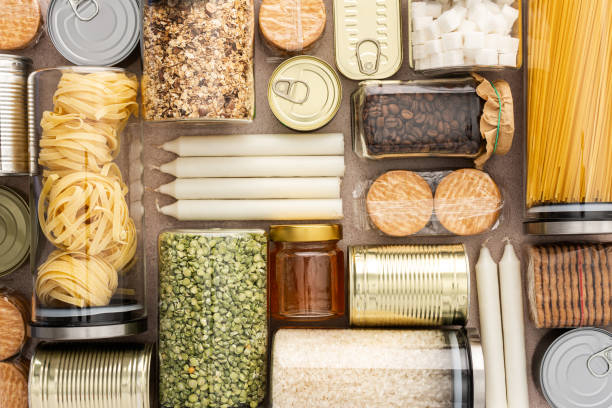
Sugary or highly refined cereals 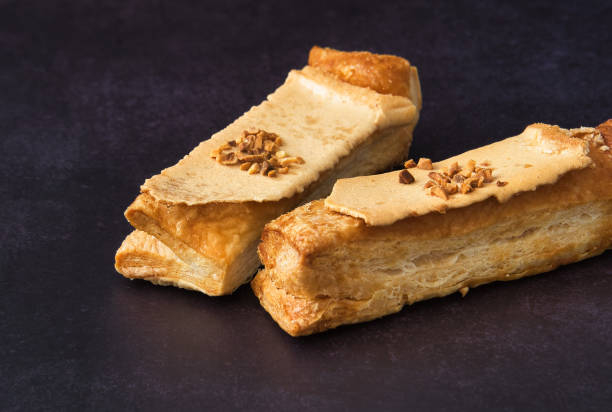
Sugary or highly refined cereals -
You should be aware that pancakes and waffles are not a healthy way to start your day. Despite their delicious flavors, these comfort dishes are frequently cooked with refined white flour and topped with butter and syrup, which is virtually pure sugar.
Pancakes and waffles are heavy in calories, fat, and sugar, but low in protein and fiber. So, while they might rapidly fill you up, they won't keep you full for long. If your desires for pancakes or waffles are too powerful to ignore, choose alternatives made with whole grains or other nutrient-dense ingredients such as almond or chickpea flour. You may mix them with your favorite protein source and top them with nut butter instead of syrup.
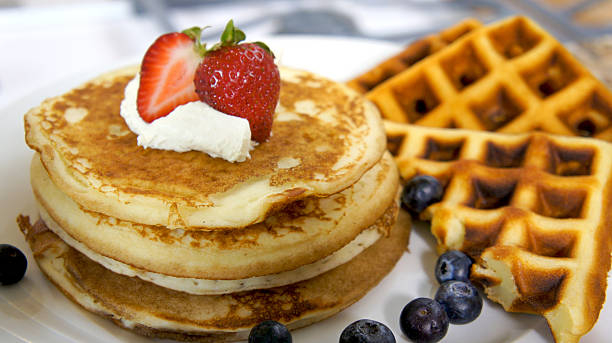
Pancakes or waffles 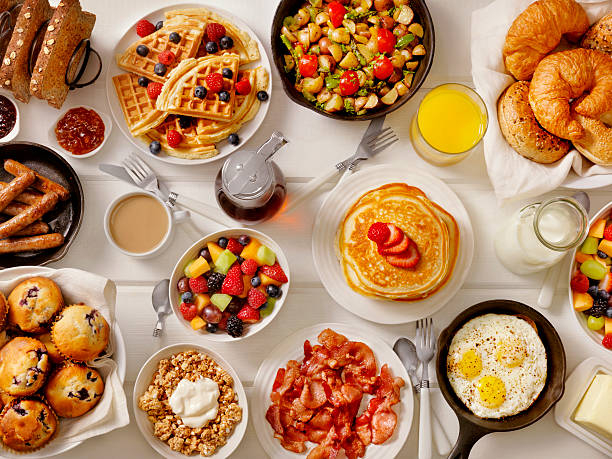
Pancakes or waffles -
Buttered toast is a quick and easy morning option. All you need is a slice of bread and some butter for a crunchy, salty breakfast. However, because of a lack of protein, this alternative will not sustain you for an extended period of time. The carbohydrates in the bread and the fat in the butter account for the vast bulk of the calories in a buttered toast.
However, if you pick whole grain bread and add protein-rich toppings like eggs or shredded chicken breast, bread and butter can still be a suitable morning meal. Add sliced veggies like tomatoes, cucumbers, or leafy greens to improve the nutritious value even more.
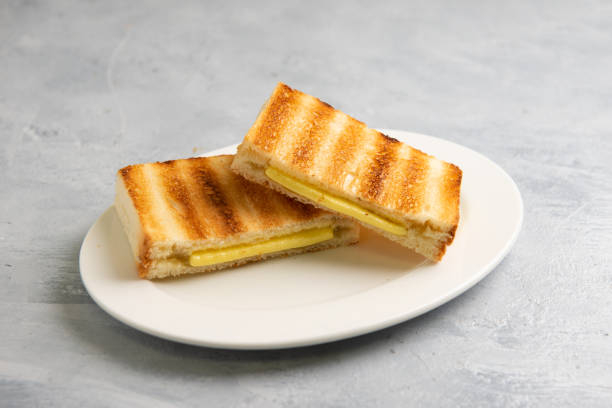
Buttered toast 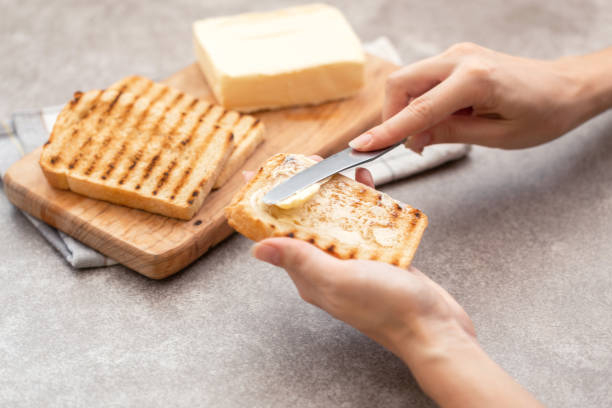
Buttered toast -
Muffins are usually regarded as a reasonably healthy breakfast option, particularly if they contain healthful components such as bran, oats, apples, or blueberries. Unfortunately, this is frequently incorrect.
In truth, most muffins are produced with processed white flour, oil, and a lot of sugar, with no protein or fiber. Furthermore, they are frequently huge and high in calories, with some containing approximately 400 calories each. If you must have a muffin in the morning, consider one prepared with whole grain or other forms of less refined flour, fruits and nuts, and little added sugar.
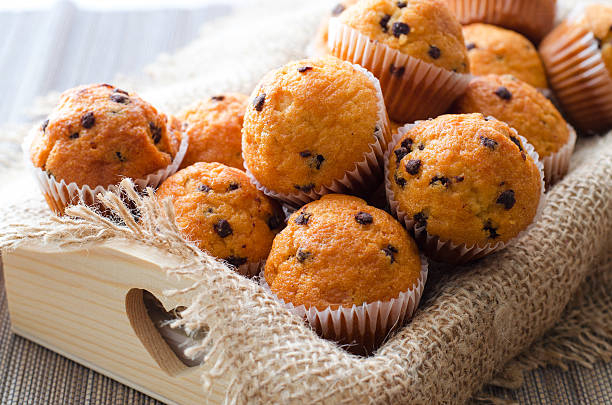
Muffins 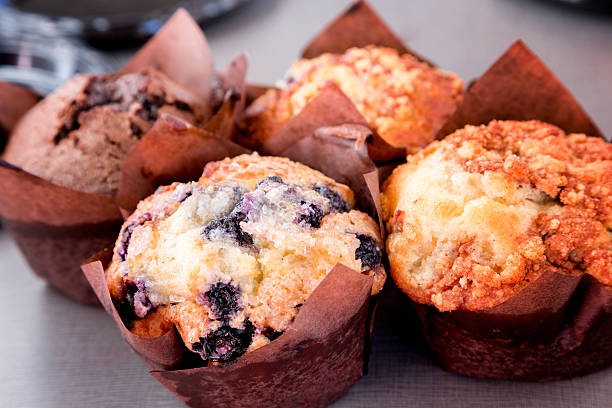
Muffins -
Donuts, cinnamon buns, danishes, and toaster pastries are just a handful of the various breakfast pastries popular on hectic mornings. These, however, are not terrific options for your go-to breakfast. They're high in sugar, fat, and calories, but poor in protein and fiber. That means they're unlikely to keep you satisfied for long, and you may find yourself hungry before lunch. Save these morning pastries for special events or once-in-a-while indulgences, and go for a more balanced breakfast option on a daily basis.
Even if you believe that drinking fruit juice is better than drinking sugary sodas or sweetened teas, it is not the ideal drink option. While fruit juice includes minerals and antioxidants, it is heavy in sugar and low in fiber, making it less satisfying than whole fruits. As a result, it's advised to limit your intake of this vibrant beverage and stick to whole fruit most mornings.
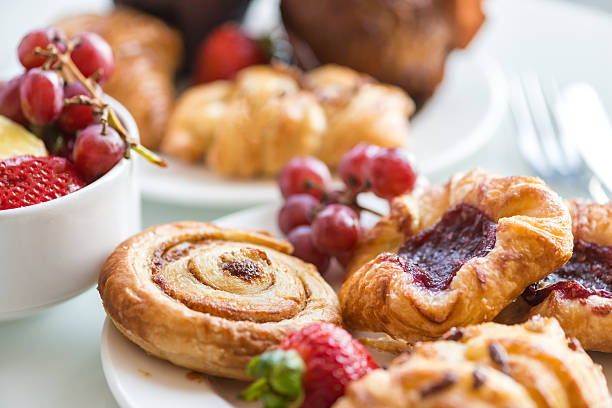
Breakfast pastries 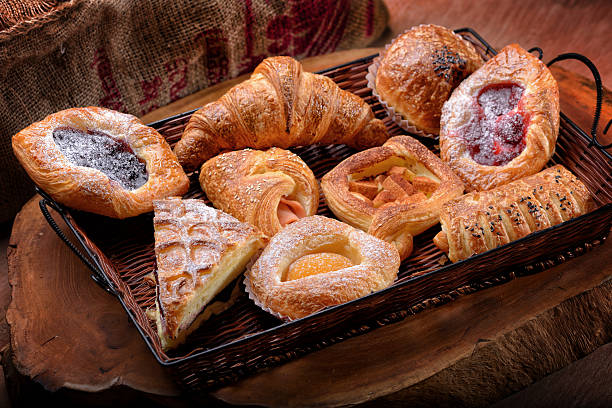
Breakfast pastries -
Yogurt is a wonderful source of protein and probiotics, among other things. Probiotics are living microorganisms that have the potential to help your gut health. However, many yogurts have additional sugar, making them less nutritious options. Furthermore, several popular types have had most or all of their fat content reduced, making them less satisfying than full-fat alternatives.
Try full-fat, unsweetened Greek yogurt as a better option. It has more protein than other variants and may be readily sweetened to suit. Add a splash of honey, a zero-calorie sweetener such as stevia, or even sliced, grated, or mashed fresh fruits.
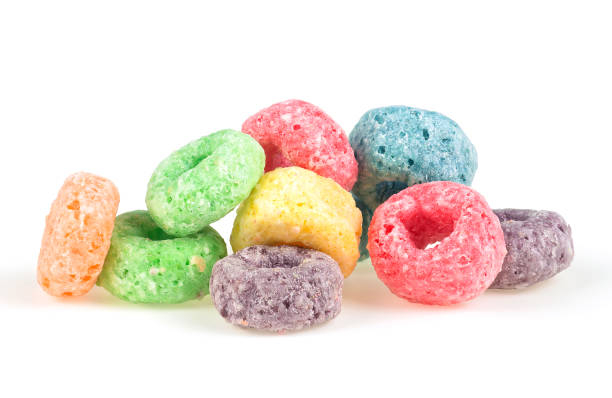
Sweetened and low fat or nonfat yogurts 
Sweetened and low fat or nonfat yogurts -
Almost all traditional breakfast meats, including bacon, sausage, and ham, are heavily processed. These are high in salt, which may raise blood pressure in salt-sensitive people. They also include nitrites, which may increase your risk of some diseases such as stomach cancer. However, further study is required to completely understand how processed meat consumption influences cancer risk.
In any case, reducing your consumption may help lessen your risk. Instead, use seasoned ground pork to make a simple, healthier sausage substitute.
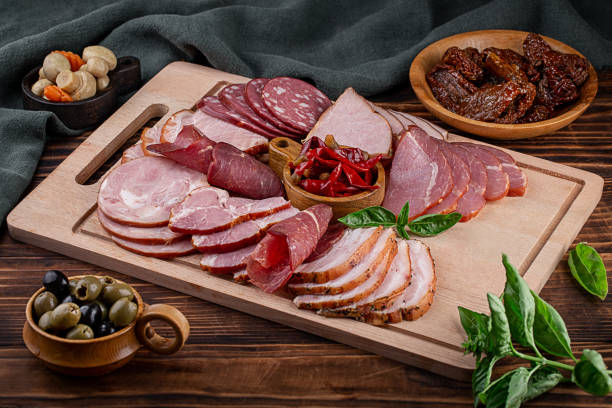
Processed meats 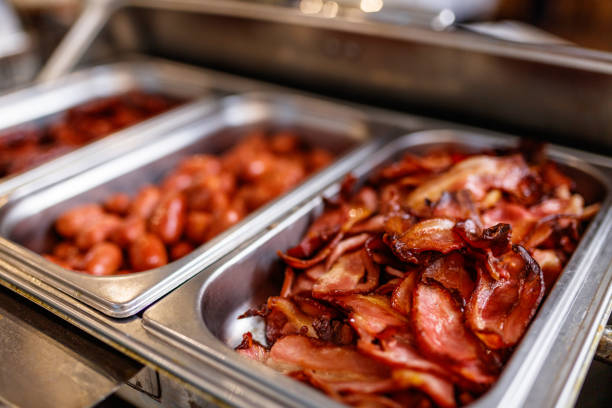
Processed meats -
While biscuits and gravy are a classic Southern meal in the United States, they should only be eaten on rare occasions. Biscuits are a sort of morning quick bread that is heavy in fat and produced using refined white flour. Furthermore, the gravy with which they are served is typically created with salty and high-fat components such as oil or butter and pig sausage, as well as extra white flour.
So, while this meal may keep you satisfied for a while, it's hardly the healthiest option. The meal's high-fat content might also cause intestinal discomfort and leave you feeling uncomfortably full.
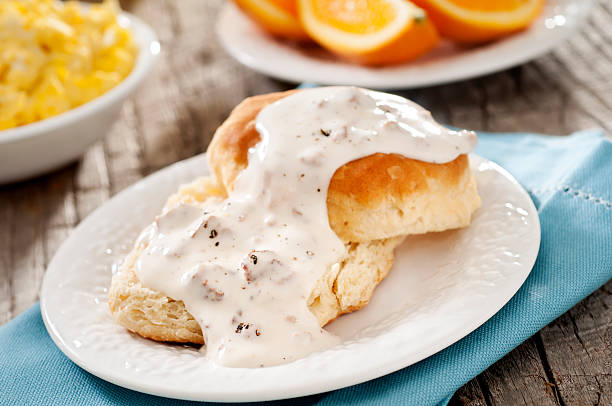
Biscuits and gravy 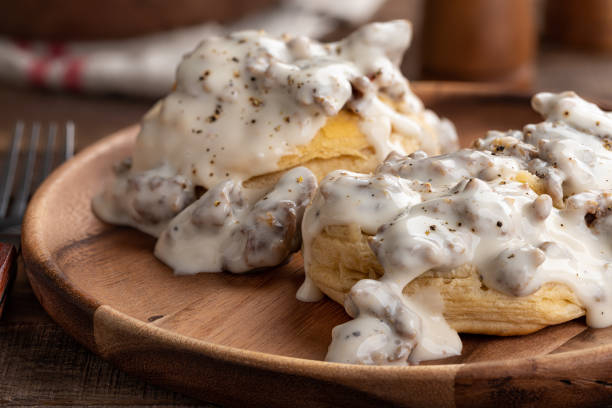
Biscuits and gravy -
Sometimes it's difficult to avoid having a quick breakfast from the drive-thru — or maybe you just want to. However, most fast-food breakfast items, such as breakfast sandwiches or burritos with eggs, bacon, sausage, cheese, or a hash brown patty, are high in calories, fat, and refined carbohydrates. To stay on the healthy side, skip the hash browns and opt for a drink with no added sugar, such as water, unsweetened tea, or black coffee.
Breakfast bars come in a wide range of flavors, from granola to cereal to oat bars. Regrettably, the majority of them are highly processed and heavy in added sugars, making them a poor breakfast option. If you must have a breakfast bar, choose one that is created with whole foods, has little added sugar, and has at least 10 grams of protein per serving to encourage satiety.
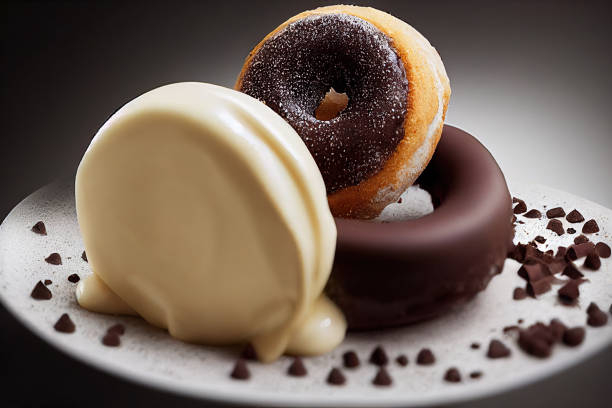
Fast-food breakfast items 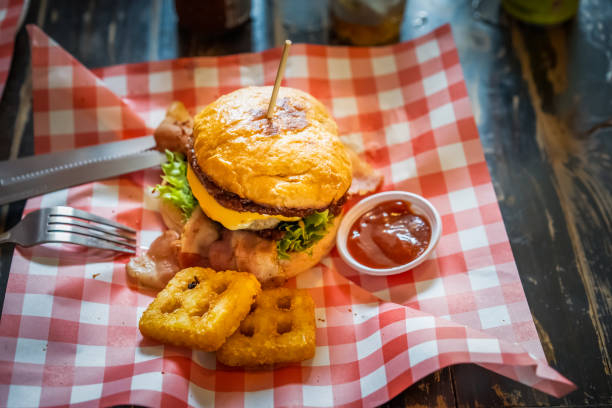
Fast-food breakfast items -
Hash brown patties are a popular fast-food breakfast side, but they are also available frozen at the grocery store. While frozen versions appear to be a healthier alternative than their fast-food equivalents, they are not. Even frozen hash brown patties from the grocery store are pre-fried. As a result, they're still heavy in fat, adding additional calories to your meal. Deep-frying fats may also be harmful to your health in other ways, such as by causing inflammation. Homemade hash browns are a far superior alternative. You may also seek frozen hash browns that have been precooked but have not been fried in oil.
Bagels are a morning staple, but if you purchase one from a bakery, you may be in for a large quantity. With no toppings, one big 4.6-ounce (131-gram) bagel includes roughly 350 calories, nearly 70 grams of carbohydrates from refined flour, and only 2 grams of fiber. Adding toppings like cream cheese and smoked salmon to bagels may make them much more satiating and healthful, but it does increase the meal size. As a general rule, stick to half a bagel with healthy toppings.
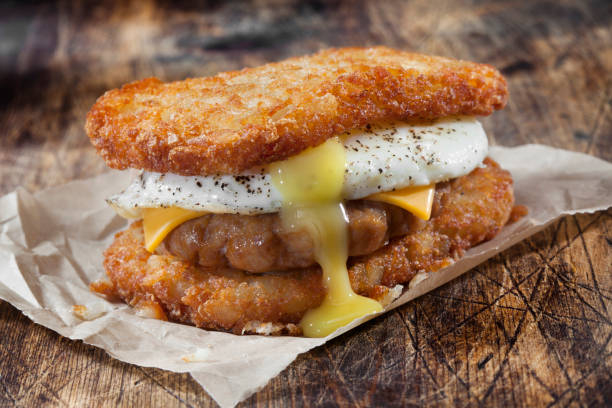
Hash brown patties and bagels 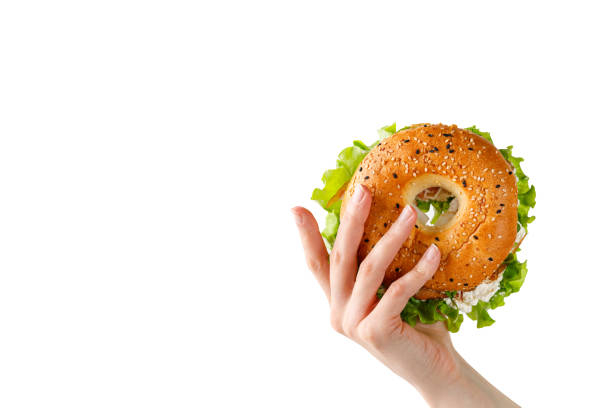
Hash brown patties and bagels














